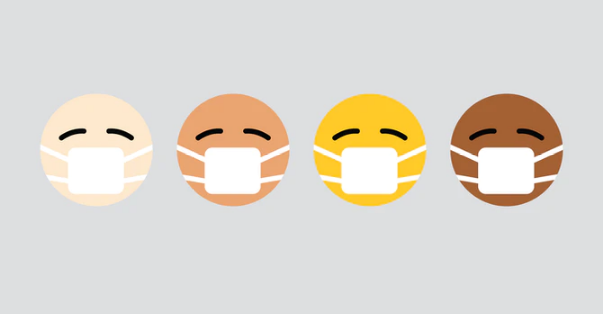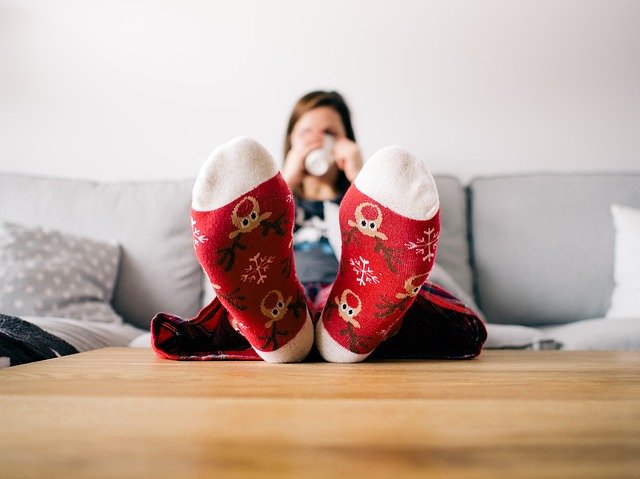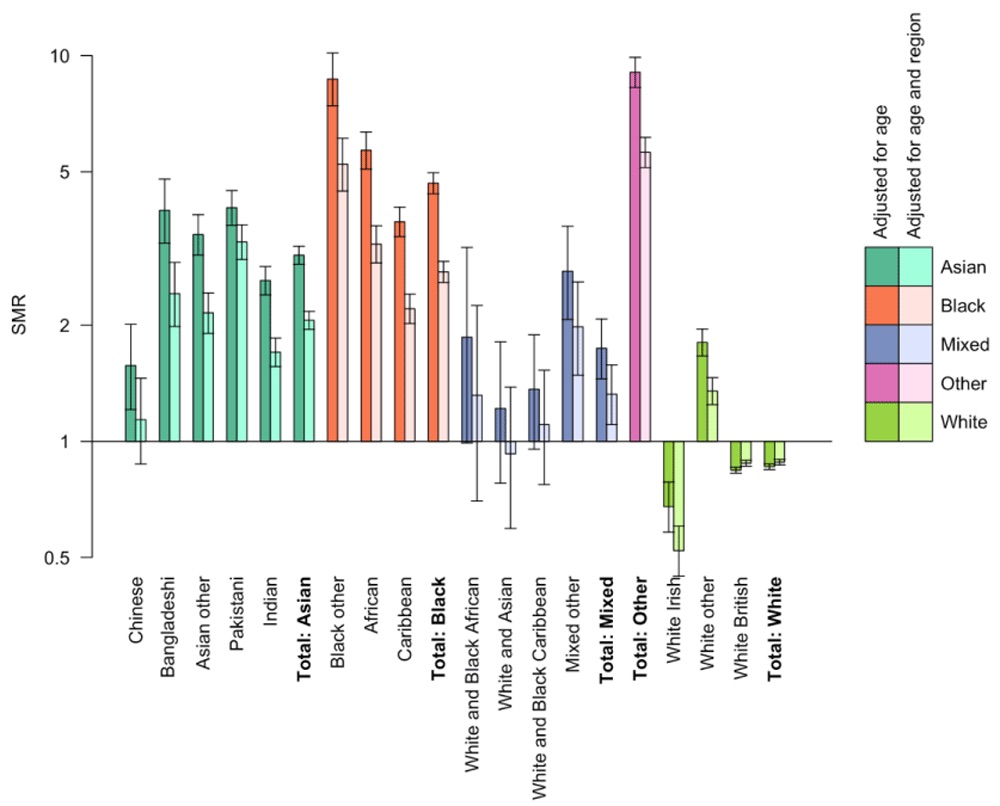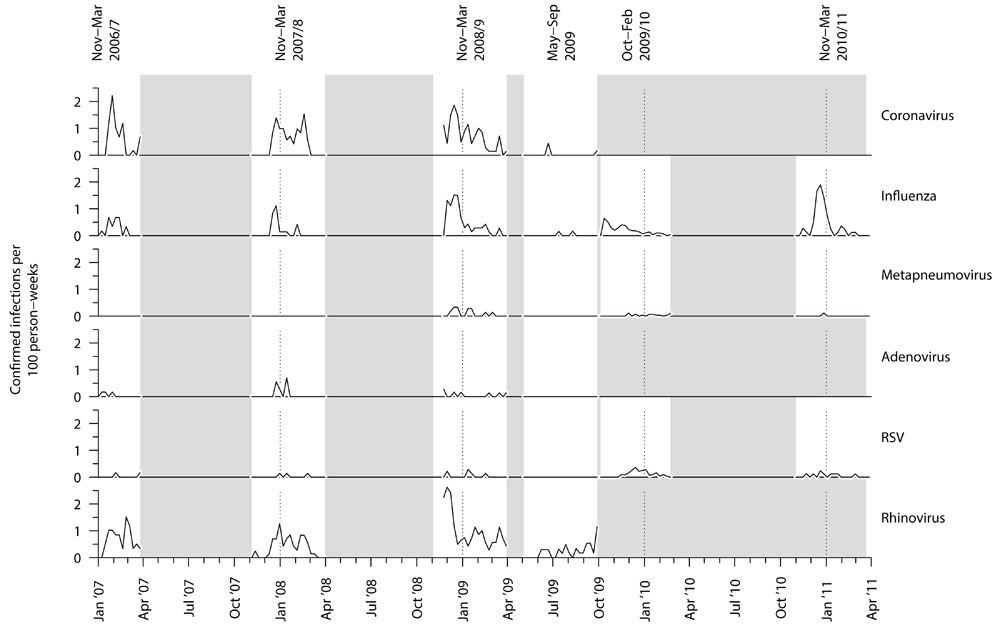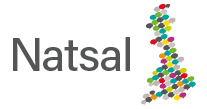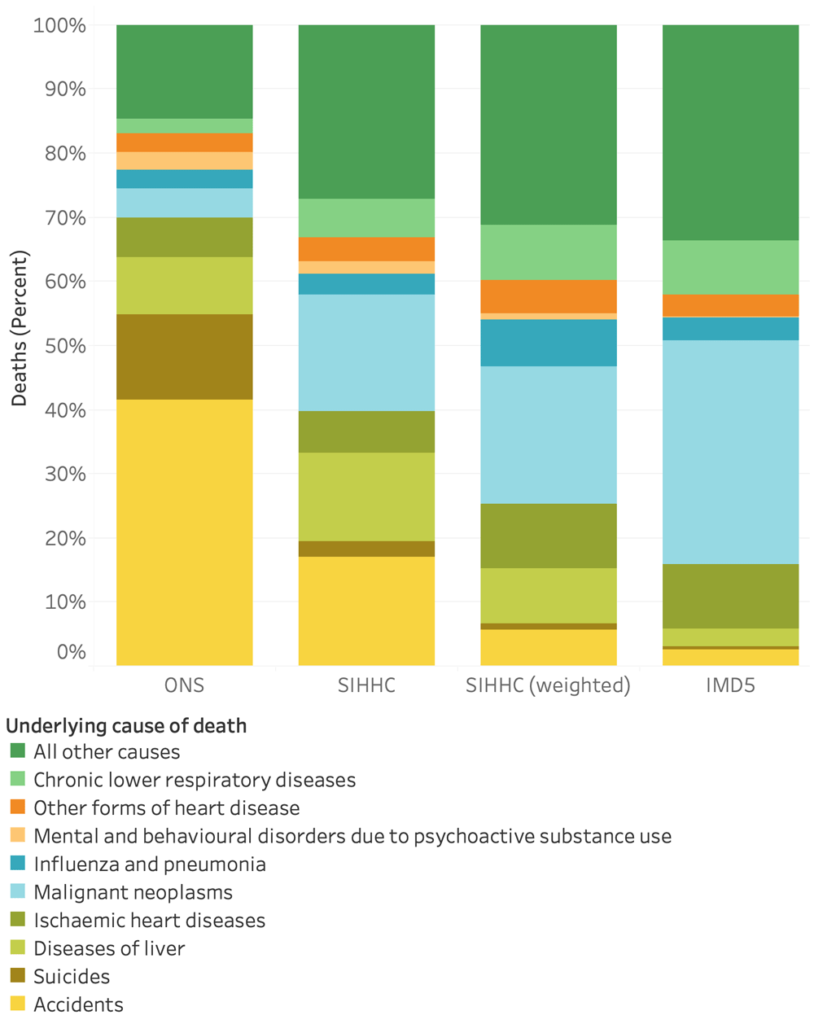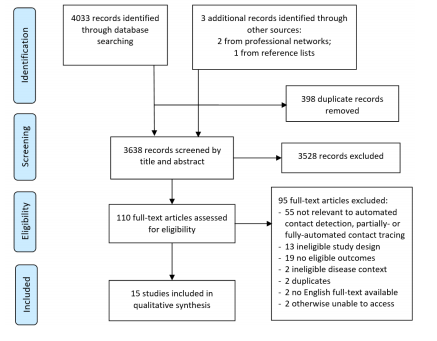We have undertaken a wide range of research on tuberculosis, but have expertise in understanding the burden of disease in socially excluded groups and the development and evaluation of interventions to improve their outcomes.
We co-developed and validated a probabilistic data linkage system that can reduce data linkage errors in administrative health data. Using this newly validated methodology we evaluated global tuberculosis screening programmes for people on the move and investigated the cost effectiveness of diagnosing and managing hard to reach individuals with active tuberculosis.
We led the world’s first randomized controlled trial comparing smartphone-based Video Supported Care (VSC) and directly observed treatment (DOT) to improve treatment outcomes for socially excluded groups.
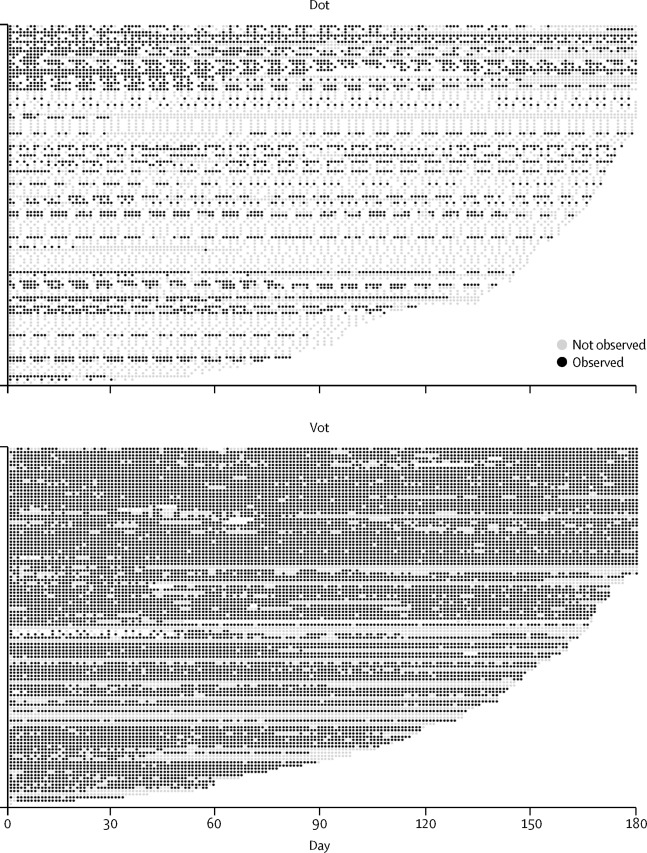
We undertook a cluster randomised controlled trial to evaluate the effectiveness of peer educators on the uptake of mobile X-ray tuberculosis screening at homeless hostels.
Our work has resulted in manuscripts published in The Lancet and The Lancet Infectious Diseases. Rob Aldridge received prizes in two highly competitive awards as a result of this work, including: The Lancet Young Investigator prize at the Academy of Medical Sciences Spring Meeting; and UCL’s Excellence in Health Research prize.
